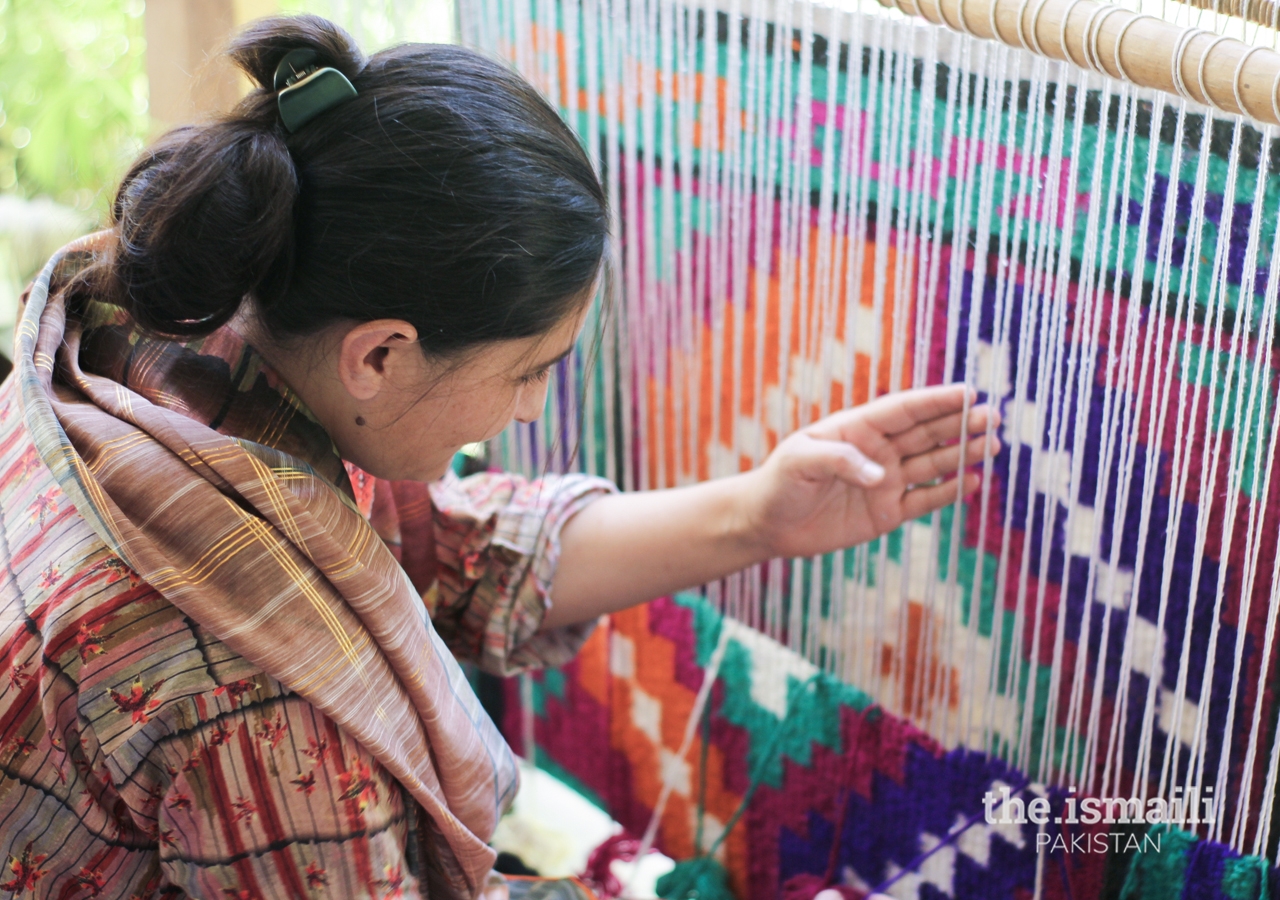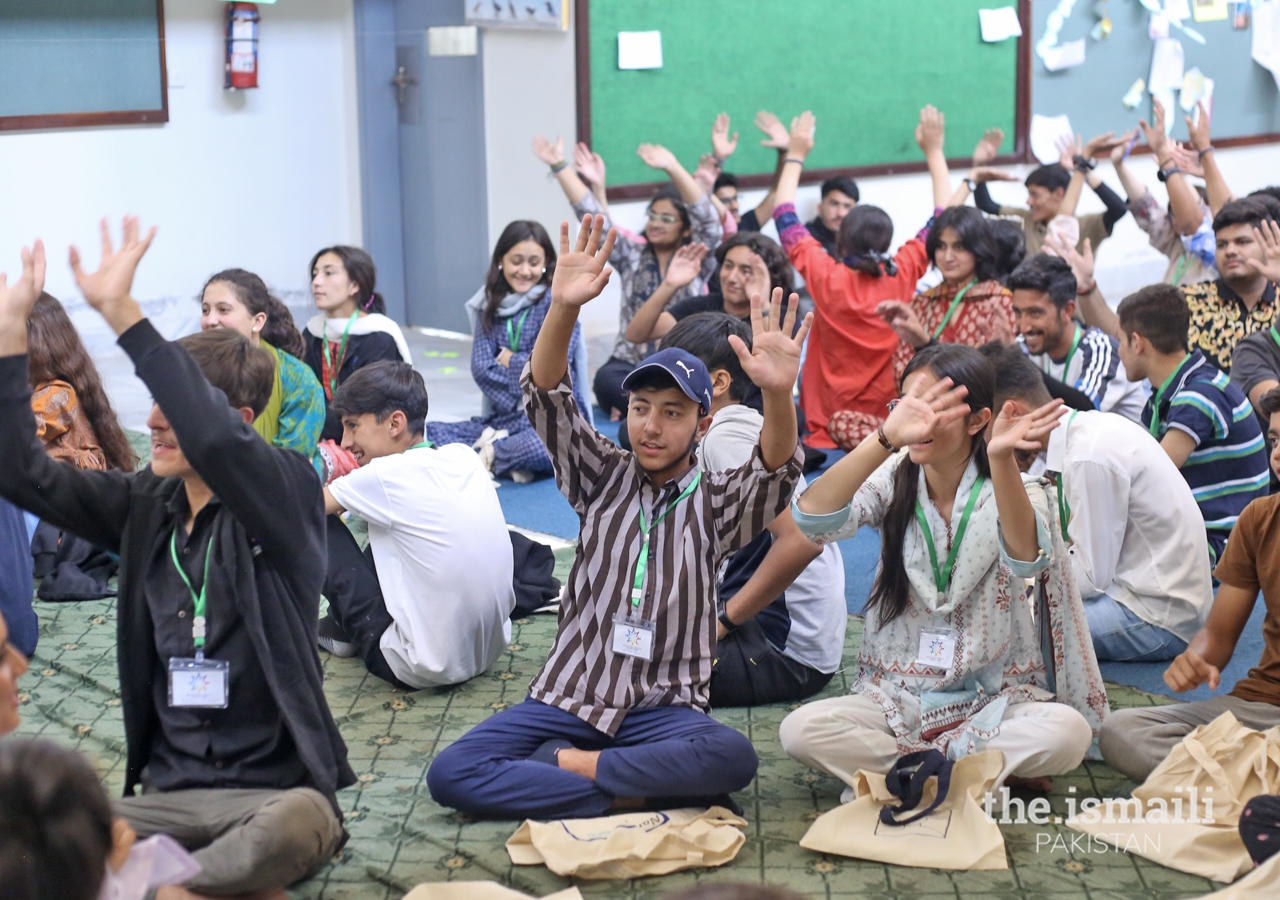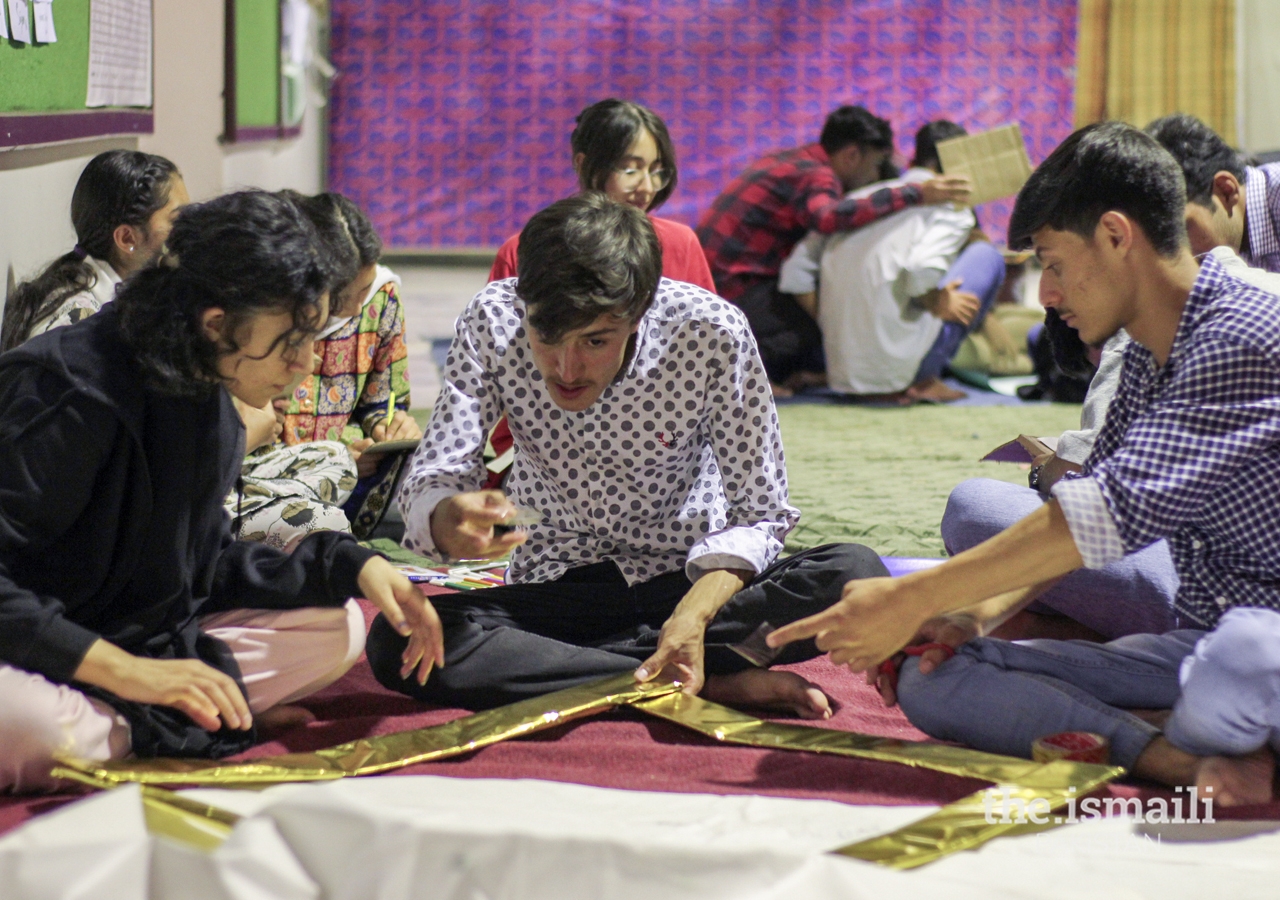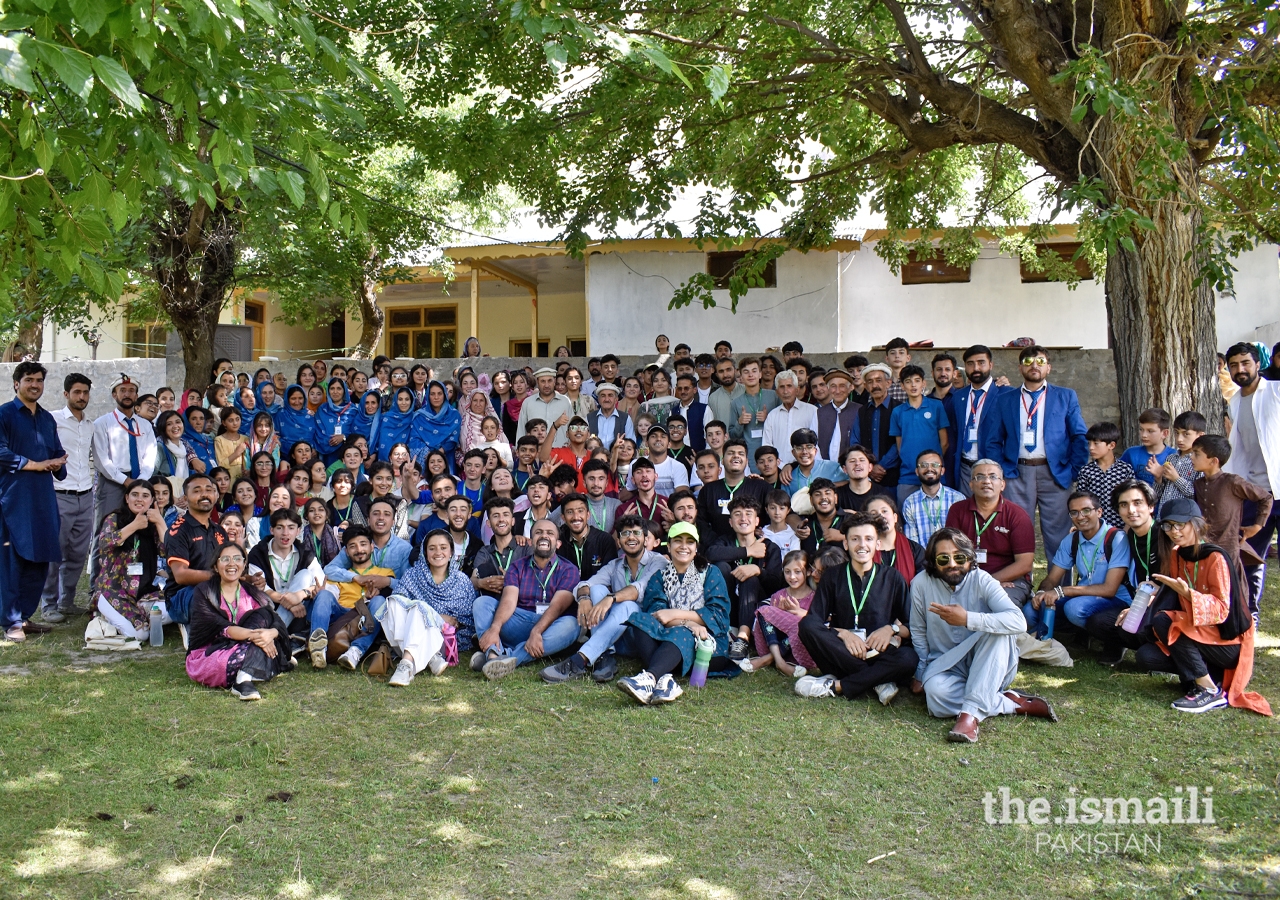The BHYC takes inspiration from the Japanese concept of Ikigai, which intertwines reason with life. This year, the BHYC focused on bringing together the four critical elements of Ikigai to a participant’s life: passion, vocation, mission, and profession. Participants navigated various modules that explored critical questions ranging from ‘who am I’, ‘what do I love’, ‘what the world is like’, and ‘what and how can I contribute to it’. These modules were spread out across various sessions and activities, allowing participants to discover themselves, learn about the challenges faced by the world, and the tools they can employ to address them. One of the participants, Saqib Murad, expressed, “The activity in which we discovered our spark was an eye-opening experience that helped me discover new aspects of myself, such as the fact that I have a skill for sketching.” Another participant, Mirza Hussain, said, “The various modules helped me understand myself better and also provided me with the confidence to embrace my true self.” Zeeshan Wali expressed how the camp allowed him to grow holistically, “As an introvert, opening up is often challenging, but the ‘Who am I?’ session felt exceptionally encouraging and inviting. The thought-provoking questions pushed me to examine myself from personal, social, and global perspectives. The discussions about our global roles underscored our interconnectedness and deepened my commitment to diversity.”
With the theme of inspiring resilience, the camp went beyond these modules to unearth each individual’s core talent. Umber Aly from the team shared, “Local community visits are pivotal in BHYC, providing youth with real-world experiences that foster social responsibility.” This diversity of cultures, languages, customs, and ideas fostered a space for participants to practice pluralism, active appreciation, and acceptance of distinctions. Mehtab Alam, a participant from Gilgit, reminisced saying, “The Jamat of Chitral embraced me with open hearts, sharing tales of their ancestors, their struggles, and their triumphs. I was struck by how the Imam's teachings weave through their stories, serving as a consistent thread of hope and strength.” The community engagement activity immersed the participants in an experience where they spent time with local community members to learn about their lives, their challenges and how communities cope with them. Reflecting on the challenges that the participants faced in their regular activities, Noman Budhani, a team member, shared, “On various occasions, the activities pushed participants to make do with just necessities. For one such activity, they pitched their tents and spent a night away from their comfortable beds and cooked their meals with minimal resources. These activities taught them resilience in the most tangible sense.”
The BHYC was also an opportunity for these young participants from across Pakistan to experience the diversity within our Jamat and learn from different experiences such as visiting the AKDN sites, particularly the Booni Medical Center. This becomes most evident in moments when participants perform dances to different cultural music together and come together for a common cause. A team member, Sarah Chandani explained, “At BHYC, local participants become a bridge between the community and the group; they automatically become translators, guides, and caretakers for the rest of the group. For example, to see the participants from the South climbing mountains and the participants from the North doing Garba, this exchange of culture and adaptation of practices promotes pluralism in real time.” Furthermore, participants acquired various life skills through these activities. Baqir, a participant, shared, “The activities taught us leadership, effective communication, teamwork, decision-making, problem-solving, critical thinking, adaptability, and resilience. The experience has shaped me into becoming a more well-rounded individual, capable of facing challenges confidently and positively.”
The ultimate focus of the camp was to enable participants to contribute to their communities and the world at-large. Many participants expressed interest in organizing camps and other initiatives for the youth in their local communities and regions. Basharat Ali, a participant from Gilgit, hopes to take home the knowledge acquired from the BHYC. He says, “I would like to share what I learned with my community, and I aim to foster self-discovery and ethical growth amongst the youth of my community. Camps like the BHYC play a crucial role in the overall development of our community because they provide a platform for individuals to learn, grow, and connect with others.” The camp allowed these young members of the Jamat to create connections and friendships that last a lifetime. Many participants found a second home during this journey. Jawad Islam poetically reflected on his relationships from the camp stating, “Timeless! Not many friendships get to be that, do they? I guess the people with whom I have spent time with in BHYC have taught me that if one has fond memories of a time, a place, or of people, they become timeless.”
The crux of the camp was to bring passion, vocation, mission, and profession to one’s life through the virtues of friendship, growth, and respect. Being in the BHYC means creating a family of mentors, peers and confidants. Amsal Malik, a team member from Karachi, reflected on his time and said, “A week-long camp beautifully created life-long bonds and experiences. And so, BHYC is not just a camp, it's an emotion that is felt and understood by all those who are a part of it - an everlasting emotion!”















